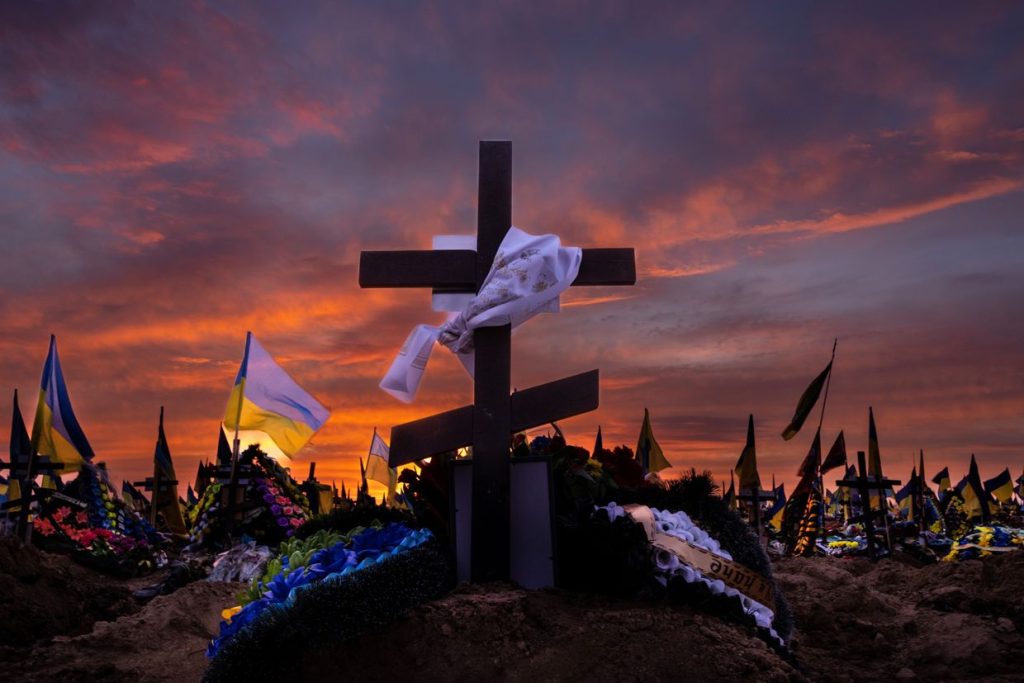on edge as they wait for the aid to arrive on the battlefield. The long-awaited passing of the U.S. aid bill in the House of Representatives was met with relief in Ukraine and among its allies, but frustrations remain over the delays caused by political infighting in Congress. NATO Secretary General Jens Stoltenberg highlighted the real consequences of the delay, as Ukraine has been outgunned and facing significant losses due to shortages of weapons and ammunition. The passage of the aid bill marked the end of months of deadlock and backtracking, with President Joe Biden finally getting the $61 billion aid package approved for Ukraine.
The delays in U.S. aid have had significant consequences for Ukraine on the battlefield, with the country losing territory and being forced into a defensive position against Russian forces. The loss of key areas like the city of Avdiivka in Donetsk Oblast has been attributed to the lack of artillery ammunition caused by delays in aid. Despite the loss of territory, the Avdiivka campaign was costly for Russia in terms of manpower and equipment. The ongoing Russian attempts to take Ukrainian territory have been met with resistance, but the lag between the aid bill passing and the aid arriving on the battlefield continues to pose challenges for Ukraine.
The targeting of energy infrastructure in Ukrainian cities by Russia has been a major concern, leading to increased reliance on Western-supplied air defense systems. The destruction of the Trypillia Thermal Power Plant in Ukrainka highlighted the urgency of the situation, with Ukraine running low on the ammunition needed for its air defense systems. The attacks on energy infrastructure have put cities like Kharkiv at risk of becoming uninhabitable if left without adequate defense systems. The destruction of energy infrastructure has led to power deficits, forcing Kyiv to restrict power supply to businesses and industrial facilities.
Civilian casualties have also been on the rise, with data from the UN Human Rights Office showing an increase in deaths and injuries coinciding with Russia’s effective missile and drone attacks. While it is difficult to directly attribute civilian deaths to the delay in U.S. aid, the general trend of declining casualties was reversed in December and January. Ukrainian troops continue to face casualties on the battlefield, with President Zelensky reporting around 31,000 deaths since the beginning of Russia’s full-scale invasion. The loss of Ukrainian soldiers like Pavlo Petrychenko, who were also activists fighting for justice, highlights the human cost of the ongoing conflict.
Despite the passing of the aid bill in the House, the next few weeks will be crucial for Ukraine as they wait for the aid to arrive on the battlefield. The delays in U.S. aid have had significant consequences for Ukraine, with the country losing territory and facing challenges in defending against Russian forces. The targeting of energy infrastructure by Russia has put cities at risk and led to power deficits. Civilian casualties have been on the rise, highlighting the human cost of the ongoing conflict. The passing of the aid bill is a relief for Ukraine, but the challenges on the battlefield remain as they wait for the aid to make a difference in the fight against Russian aggression.


